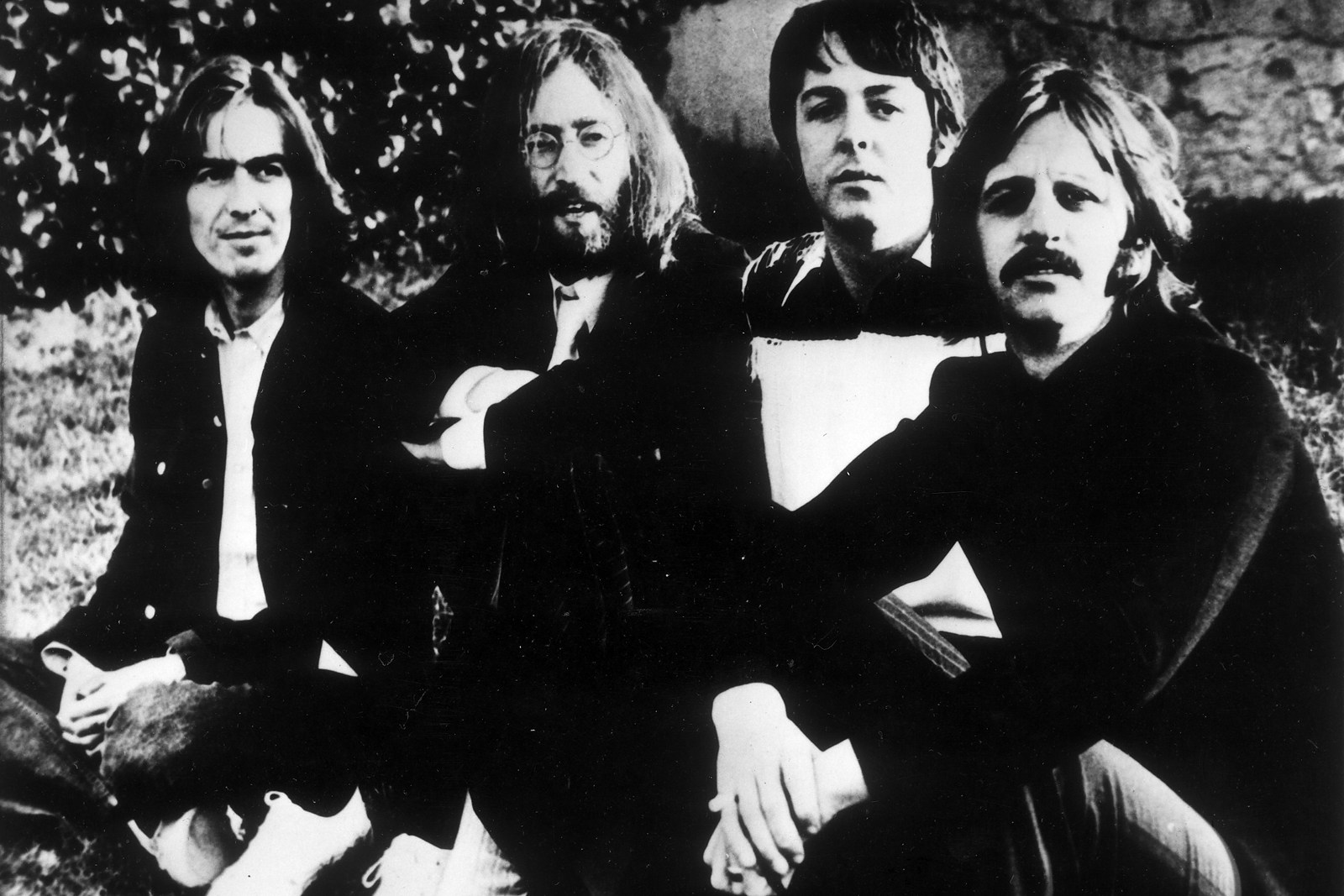The Beatles broke up slowly – and then all at once.
Cracks began spreading in the group’s foundation when original manager Brian Epstein died in 1967. Fractious sessions for 1968’s White Album, as both George Harrison and Ringo Starr briefly quit, certainly marked the beginning of the end. Some blamed arguments over hiring Allen Klein as a business manager, others the failing Get Back sessions. Everyone else blamed Yoko Ono.
John Lennon quit next – but unlike Starr and Harrison before him, he meant it: By February 1970, he’d already released three solo singles (“Give Peace a Chance,” “Cold Turkey” and “Instant Karma“). He played a concert with his new ad-hoc group, too.
READ MORE: Top 40 Paul McCartney ‘70s Songs
“After the Plastic Ono Band’s debut in Toronto, we had a meeting in Savile Row where John finally brought it to its head,” Starr remembered in Anthology. “He said: ‘Well, that’s it, lads. Let’s end it.'”
Still, Lennon was convinced to keep the split quiet as the Beatles continued negotiations on a new contract. The Get Back project was also morphing into the career-closing Let It Be, after Phil Spector was handed the old tapes.
Paul McCartney had also been quietly working on his solo debut. To the surprise of many, promotional material for the LP, simply titled McCartney, arrived on April 10, 1970, with a confirmation of the Beatles split. He attributed the break up to “personal differences, business differences, musical differences, but most of all because I have a better time with my family. Temporary or permanent? I don’t really know.”
But other questions in the blind Q&A format produced conflicting responses.
Asked if McCartney represented “a rest away from the Beatles or the start of a solo career,” McCartney said: “Time will tell. Being a solo album means it’s the start of a solo career … and not being done with the Beatles means it’s just a rest. So it’s both.” Later, however, when asked if he could “foresee a time when Lennon-McCartney becomes an active songwriting partnership again,” McCartney simply said: “No.”
Was It All Just a PR Stunt?
Lennon was incredulous. “We were all hurt that he didn’t tell us that was what he was going to do,” Lennon later told Rolling Stone. “I was a fool not to do it, not to do what Paul did, which was use it to sell a record.”
For McCartney, the Q&A was simply confirming what everyone in the Beatles camp already knew. “I didn’t instigate the split. That was our Johnny coming in one day and saying, ‘I’m leaving the group,'” McCartney told the BBC. “This was my band, this was my job, this was my life – so I wanted it to continue.”
By December, McCartney had filed suit against the others and the Beatles’ parent company Apple Corps., to make it all official. The process would take years to untangle. In the meantime, Starr had released Sentimental Journey, a collection of standards produced by George Martin that quickly disappeared among the break-up headlines. Let It Be arrived in May, then Harrison’s All Things Must Pass and Lennon’s Plastic Ono Band followed.
As Lennon sang in his new song “God,” the dream was over. In time, Klein’s shady business practices would be revealed. Perspectives changed about Ono’s role in all of this, too.
“When Yoko came along, part of her attraction was her avant-garde side, her view of things,” McCartney later told David Frost. “She showed [Lennon] another way to be, which was very attractive to him. So it was time for John to leave. He was definitely going to go. She certainly didn’t break the group up – the group was breaking up. … I don’t think you can blame her for anything.”
The Best Song From Every Beatles Album
Consensus can be difficult to reach on which Beatles album is best – much less which song.
Gallery Credit: UCR Staff
See the Beatles in Rock’s Craziest Conspiracy Theories

